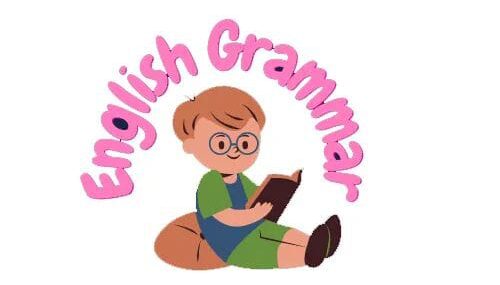We use ‘Present perfect tense i – I have done ‘ When we talk about the action just finished at the time of speaking which was started in past and continued in the present time.
| Sub + has/have + action III + Obj. You/we/they/I/plural noun + have action III + obj. He/she/it/name/ singular noun + has + action III + obj. + etc. |
Examples: Present perfect tense i – I have done
- An Indian spinster has broken the record in marathon.
- He has read the Geeta.
- I’ve found my old books under the table.
- Sadhguru has represented his country on Yoga day.
- My schoolmate has discovered a new technology for Smartphone.
- I have recognized his face just now
- I have been to Bengaluru four times.
Some time expressing adverbs and conjunctions are followed by Present perfect tense i – I have done:
| Ever, just, recently, already, so far, yet, before, after, by the time, by + time, till, lately, since, for, during the last week/month, several times, often never, up to now, just now, up to now |
- He has already taken food.
- We have recently started to read a newspaper.
- I have told you several times regarding it.
- She has reached here before the rain starts.
- She has completed her project by the time.
- I have recently read this novel.
- He has just taken tea.
- She has been to cinema thrice this week.
- She knows me for two days (×)
- She has known me for two days (√).
- He has owned house since 2005.
- She has had this car since college days.
Negative sentences (Present perfect tense i – I have done):
| Sub + has not (hasn’t)/ have not (haven’t) + action III form + obj. etc. |
- She has not come home yet.
- I have never been to London.
- I haven’t waited her for a long time.
- You haven’t got ready up to now.
- It hasn’t rained a lot this year.
- We haven’t had the same car for five years.
- Someone has eaten my porridge.
Note (Present perfect tense i – I have done):
| since, for, all, all along, throughout and whole are time expressions. These are also used in perfect and perfect continuous tenses. |
If ‘for or since’ is used in the sentence, the sentence cannot be structured in simple present or simple past. Whether it can be used in present perfect or past perfect tense according to mentioned time or based on event.
Interrogative sentences (Present perfect tense i – I have done):
| Has/have + sub + action III form + obj? |
- Have you ever played snookers?
- Have you ever been to Dubai?
- Has he got his salary?
- Has she prepared breakfast for guests?
Note: Gone to Dubai is not right sentence here therefore ‘been’ must be used here, because ‘gone’ means he is already there but been means he was there, but he has come back from the same place that we are talking about.
Interrogative negative sentences:
| Hasn’t/haven’t + sub + action III form + obj? OR Has/have + sub + not + action III form + obj? |
Examples:
- Haven’t you motivated this man?
- hasn’t she found her purse?
- Hasn’t Rahul tried to commit suicide?
- Haven’t they gone for a picnic?
- Haven’t you enjoyed the picnic?
OR
- Have you not bought a new car?
- Has he not talked to you on phone?
- Have they not cried for getting it?
- Has she not learnt the Harmonium?
Exercise (Present perfect tense i – I have done)
Choose suitable verbs:
- Have you ever ……. to Pune? (gone/ been /go)
- why …….. you beaten him? (Had / have / has)
- She has …… her children very hard. (Hitted /hit / hitting / hits)
- She ………. Home yet. ( Hasn’t come has come / have come / haven’t come)
- His parents …….. seen him for two years. (Hasn’t /haven’t / has / will)
- She ………. his project lately (Did/ do/ does/ has done)
- I ……….. her for five years. (Know has known / have known / knew)
- He ……….. home since 2000. (Had owned/ had / has / have)
- She ………. Me since childhood. (Knew / knows / / had known / know)
- Shally ………. For exam preparation the whole night. (Studied /study / had studied)
